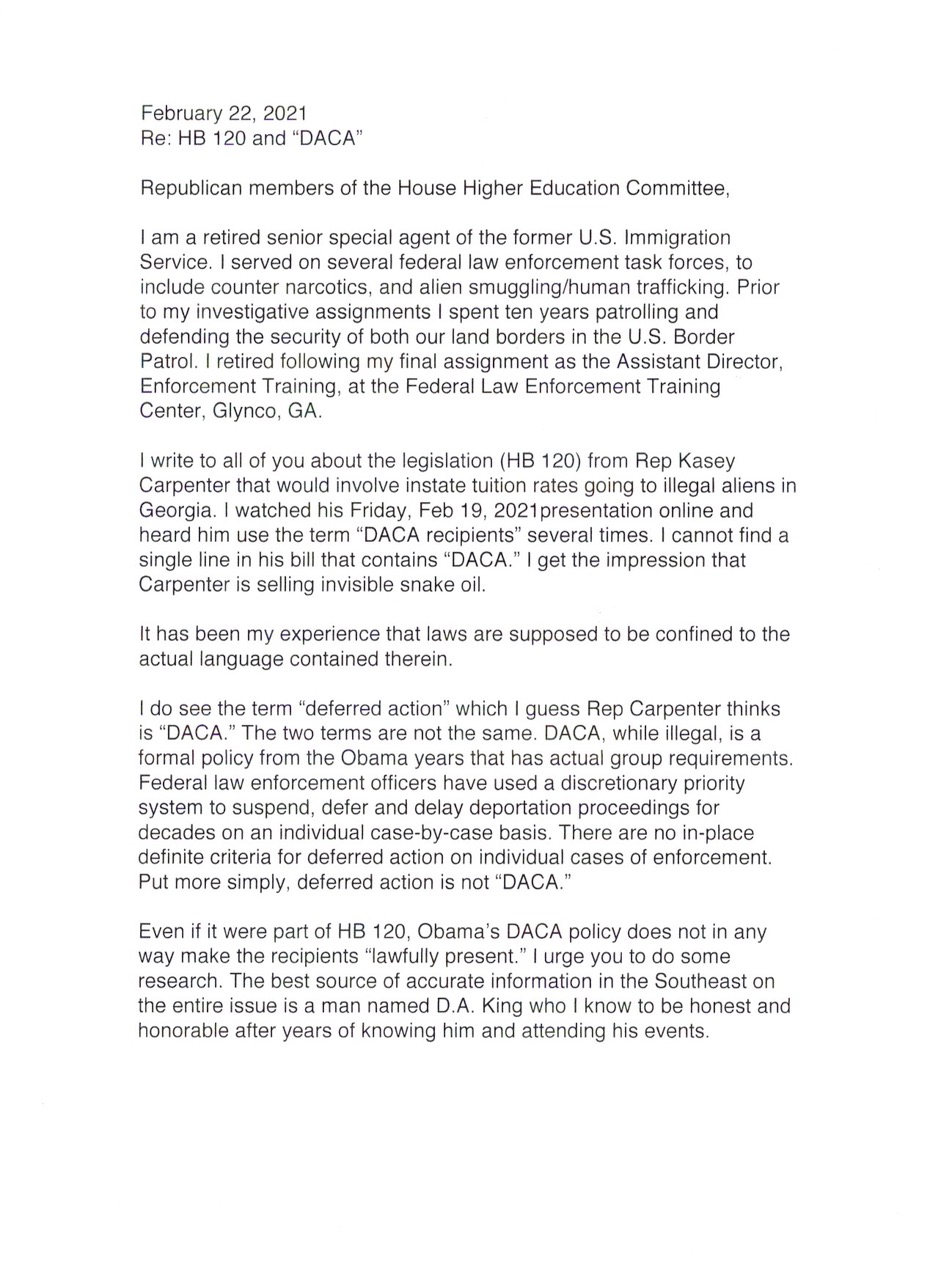
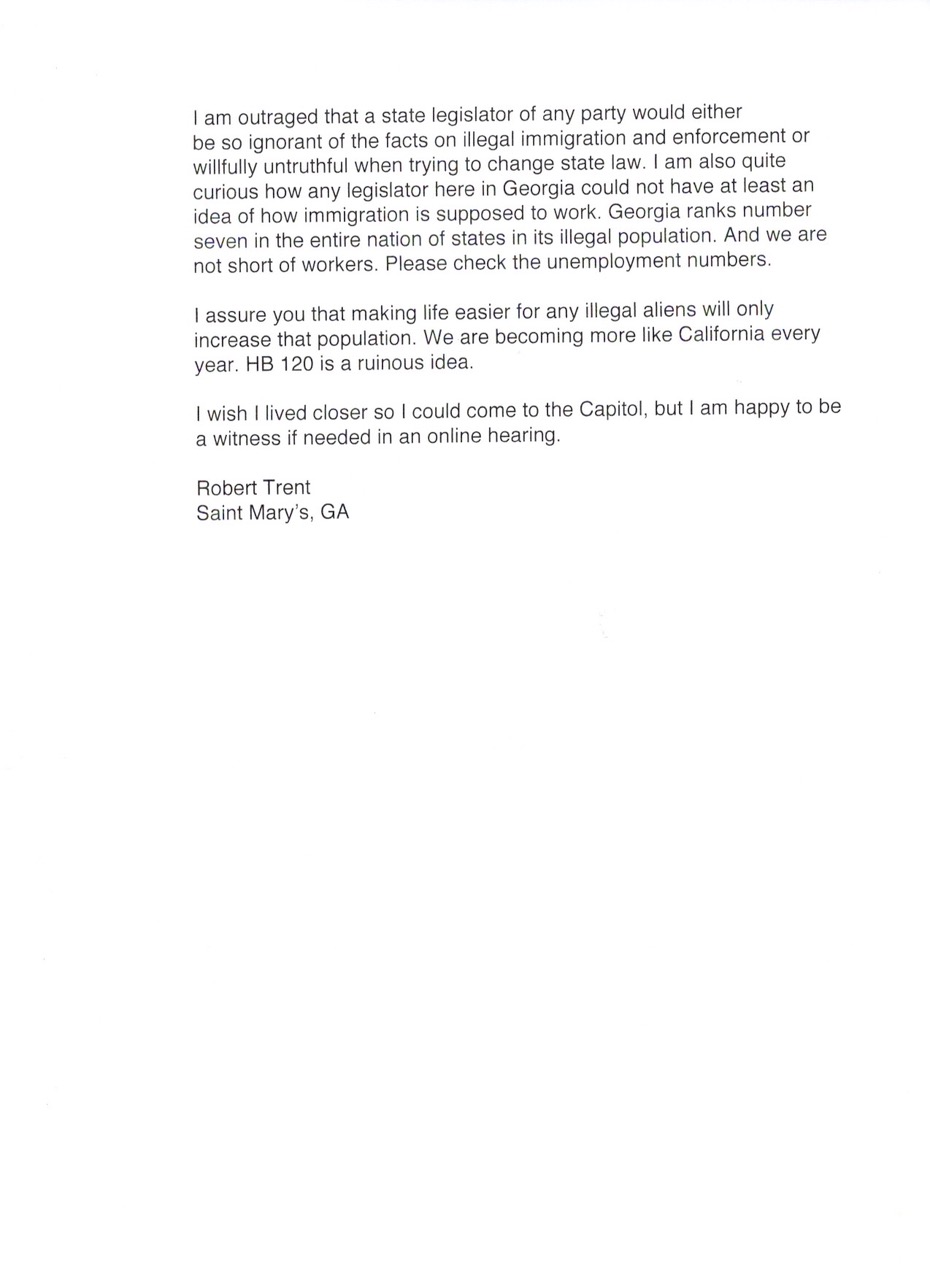
By D.A. King


By D.A. King
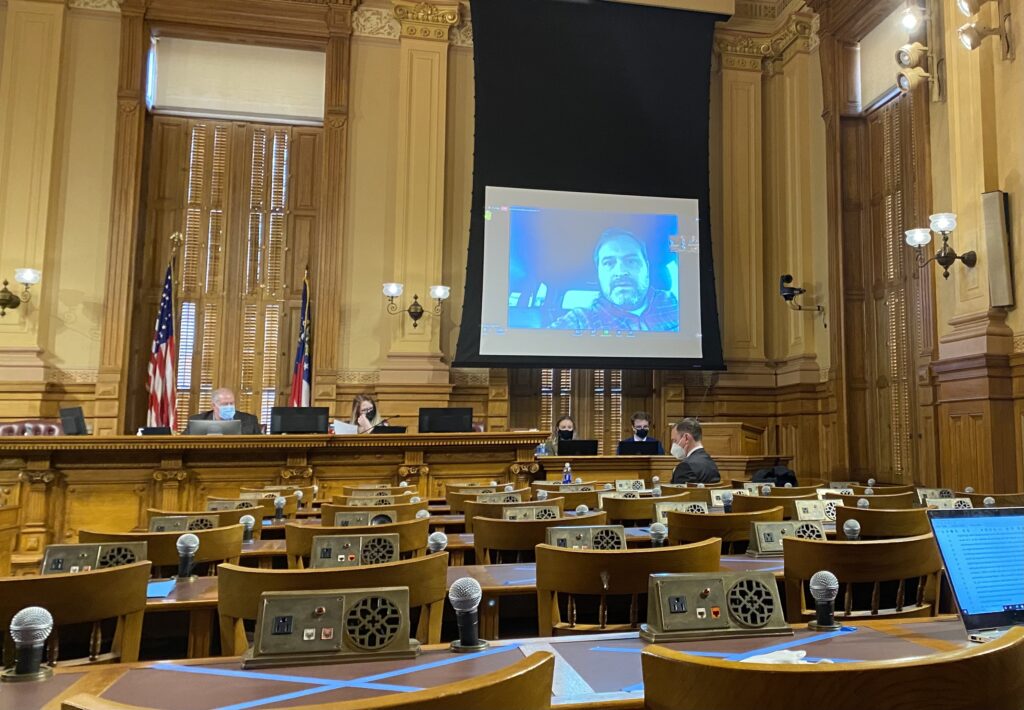
Update: HB 120 is dead. March 18, 2022 – Crossover Day has come and gone and HB 120 is still back in the House High Ed committee where it was returned last year when it failed to see a floor vote. Unless some Kamikaze legislator tries to attach it to live legislation, Pancho Villa is as viable as this ‘Americans last’ legislation. We were happy to have led the fight.
________
“It was amazing to see that none of the legislators seemed to note or care that neither “DACA” nor “DACA recipient” appear anywhere in Carpenter’s tuition amnesty bill.”
State Rep Kasey Carpenter (R- Dalton) presented the latest version of his legislation to grant instate tuition to illegal aliens in the House Higher Education Committee last Friday morning. He was on Zoom from his car parked “on the side of the road” somewhere between the Gold Dome and Oklahoma. He was retrieving flour for one of his restaurants.
It got wackier from there.
Carpenter’s opener was to assure all concerned that his legislation rewarding illegal aliens with lower tuition rates than Americans or legal immigrants from most other states pay “is not a bill about immigration.” He went on to outline HB 120 with “all right, so what this bill does, is it, it, it basically allows DACA students that are in Georgia, they graduated from a Georgia high school, to attend certain colleges and universities in the, in the college system, at an in-state tuition rate.”
‘DACA’ is the acronym for the 2012 Deferred Action for Childhood Arrivals policy put in place by then candidate for reelection, President Barack Obama. The action being deferred is deportation proceedings.
It was more than a little amusing to watch Carpenter pepper his online sales pitch with the terms “DACA” and “DACA recipients.” The same terms were used in the resulting Q&A with gushing Democrat committee members who had only praise for the concept in their questions. It was equally entertaining to see the long line of witnesses – one who is currently a DACA recipient and one who was in the past- stand up in support of the bill inserting the “DACA recipient” term into their testimony.
It was amazing to see that none of the legislators (or the liberal media) seemed to note or care that neither “DACA” nor “DACA recipient” appear anywhere in Carpenter’s tuition amnesty bill.
The entire event would only have been slightly more comical if Rep Carpenter had taken the time to hawk his bill dressed in a wide striped suit with a wink and grin from a used car lot with balloons and a megaphone.
In the current version of his proposed law, Carpenter does have wording that permits illegal aliens to pay less tuition than Americans if they meet “the eligibility criteria set by the United States Department of Homeland Security for deferred action in enforcement of federal immigration laws.” Italics mine.
But, there doesn’t seem to be set eligibility criteria for deferred action on enforcement – it is a discretionary tradition in federal law enforcement and (like DACA) not a result of congressional action. Lines 34 & 35 in HB 120 would be laughed out of a well-informed committee. ‘Journalists’ should not be running stories that report HB 120 somehow applies to “DACA recipients.” It doesn’t.
Deferred action is not DACA. Sometimes it is difficult to decide if things that are just plain screwy are a result of ignorance or intent. Deferred action on immigration enforcement is outside of DACA. In the 1970’s, John Lennon obtained deferred action on immigration enforcement. Update/addition: Retired immigration agent letter to the committee here.

All co-signers are not visible online, but at last check with the House clerk’s office, Carpenter’s instate tuition bill has more Democrat cosponsors than Republicans.
As is, HB120 is a hustle that is fully dependent on the oversupply of immigration ignorance on the part of most of the legislators who govern a state with more “undocumented workers” than live in Arizona. This writer started working with state lawmakers on drafting and perfecting illegal immigration legislation in 2005. HB 120 would not have been allowed a hearing in a Republican – run committee ten years ago.
We were happy to post a very critical analysis of the debut of HB120 along with facts the media is suppressing and fully expected to see changes in the bill as a result.
None of the above is intended to indicate certainty that the bill won’t be passed out of the House Higher Education Committee and onto the floor.
I got a sense of the determination to advance the bill in an early morning discussion with the committee Chairman Chuck Martin (R- Alpharetta) in his office when my request for a copy of any committee substitute language was first dodged then tacitly refused.

Read HB 120 for yourself
The Committee Substitute version presented on Feb 19, 2021 in the Higher Education Committee is not online and will not be posted on the House website unless it is passed out. I have scanned in and posted the paper version (with my scribbled notes) I was given by a friend who was able to get a copy from the Chairman’s staffers.
Here is a link to the original language. A Fiscal note for HB 120 is available here. It would cost taxpayers a lot of money to provide special treatment to illegal aliens.
We have posted a link to the official video of the entire Friday hearing and a transcript of Rep Carpenter’s presentation on the Dustin Inman Society website.
Space does not allow a list of all the problems with HB 120. But it should be mentioned that ‘DACA recipients’ are nevertheless illegal aliens according to the United States Court of Appeals for the 11th Circuit. Even the liberal AJC reported that one.
D.A. King is president of the Dustin Inman Society and proprietor of Immigration Politics Georgia.
By D.A. King
LC 49 0327
By D.A. King
By D.A. King

(a) As used in this Code section, the term:
1) “Dependent student” means an individual under the age of 24 who receives financial support from a parent or United States court appointed legal guardian.
2) “Emancipated” means a minor who, under certain circumstances, may be treated by the law as an adult. A student reaching the age of 18 shall not qualify for consideration of reclassification by virtue of having become emancipated unless he or she can demonstrate financial independence and domicile independent of his or her parents.
(3) “Independent student” means an individual who is not claimed as a dependent on the federal or state income tax returns of a parent or United States court appointed legal guardian and whose parent or guardian has ceased to provide support and right to that individual’s care, custody, and earnings.
b)
(1) An independent student who has established and maintained a domicile in the State of Georgia for a period of at least 12 consecutive months immediately preceding the first day of classes for the term shall be classified as in-state for tuition purposes. No student shall gain or acquire in-state classification while attending any postsecondary educational institution in this state without clear evidence of having established domicile in Georgia for purposes other than attending a postsecondary educational institution in this state.
(2) If an independent student classified as in-state for tuition purposes relocates out of state temporarily but returns to the State of Georgia within 12 months of the relocation, such student shall be entitled to retain his or her in-state tuition classification.
(c) (1) A dependent student shall be classified as in-state for tuition purposes if such dependent student’s parent has established and maintained domicile in the State of Georgia for at least 12 consecutive months immediately preceding the first day of classes for the term and:
(A) The student has graduated from a Georgia high school; or
(B) The parent claimed the student as a dependent on the parent’s most recent federal or state income tax return.
(2) A dependent student shall be classified as in-state for tuition purposes if such student’s United States court appointed legal guardian has established and maintained domicile in the State of Georgia for at least 12 consecutive months immediately preceding the first day of classes for the term, provided that such appointment was not made to avoid payment of out-of-state tuition, and such guardian can provide clear evidence of having established and maintained domicile in the State of Georgia for a period of at least 12 consecutive months immediately preceding the first day of classes for the term.
(3) If the parent or United States court appointed legal guardian of a dependent student currently classified as in-state for tuition purposes establishes domicile outside of the State of Georgia after having established and maintained domicile in the State of Georgia, such student may retain his or her in-state tuition classification so long as such student remains continuously enrolled in a public postsecondary educational institution in this state, regardless of the domicile of such student’s parent or United States court appointed legal guardian.
Begin proposed new language:
(d) Except as provided in subsections (b) and (c) of this Code section, a student shall be classified for in-state tuition purposes if he or she satisfies all of the following conditions:
(1) Is not seeking admission to any institution of the University System of Georgia identified by the board of regents as a research university;
(2) Has graduated from a Georgia high school or obtained a valid Georgia general educational development (GED) diploma;
(3) Has independently established and maintained domicile in this state since January 1, 2013, or is the dependent child of a parent who has established and maintained domicile in this state since January 1, 2013;
(4) Has not reached the age of 30 years at the time of initial application for admission to a postsecondary educational institution; and
(5) Is not a nonimmigrant alien within the meaning of 8 U.S.C. Section 1101.
(6) Meets the eligibility criteria set by the United States Department of Homeland Security for deferred action in enforcement of federal immigration laws.
(e) The board of regents is authorized to classify for in-state for tuition purposes a noncitizen student who is lawfully present in this state and who submits evidence to warrant consideration of in-state classification.
“(d)(1) Notwithstanding any other law to the contrary, the State Board of the Technical College System of Georgia is authorized to classify a student for in-state tuition purposes if he or she satisfies all of the following conditions:
(A) Has graduated from a Georgia high school or obtained a valid Georgia general educational development (GED) diploma;
(B) Has independently established and maintained domicile in this state since January 1, 2013, or is the dependent child of a parent who has established and maintained domicile in this state since January 1, 2013;
(C) Has not reached the age of 30 years at the time of initial application for admission to a postsecondary educational institution; and
(D) Is not a nonimmigrant alien within the meaning of 8 U.S.C. Section 1101.
(2) The State Board of the Technical College System of Georgia is authorized to classify for in-state for tuition purposes a noncitizen student who is lawfully present in this state and who submits evidence to warrant consideration of in-state classification.
(3) Nothing in this Code section shall be construed to require in-state tuition classification for individuals not lawfully present in Georgia.”
By D.A. King


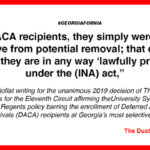





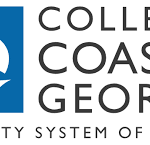
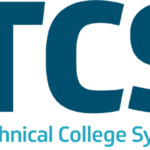








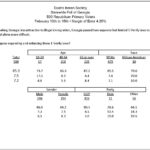

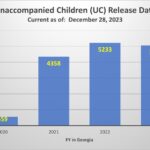


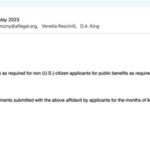
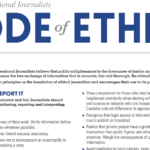



Contact info for the Georgia delegation in Washington DC here. Just click on their name.
You must be logged in to post a comment.